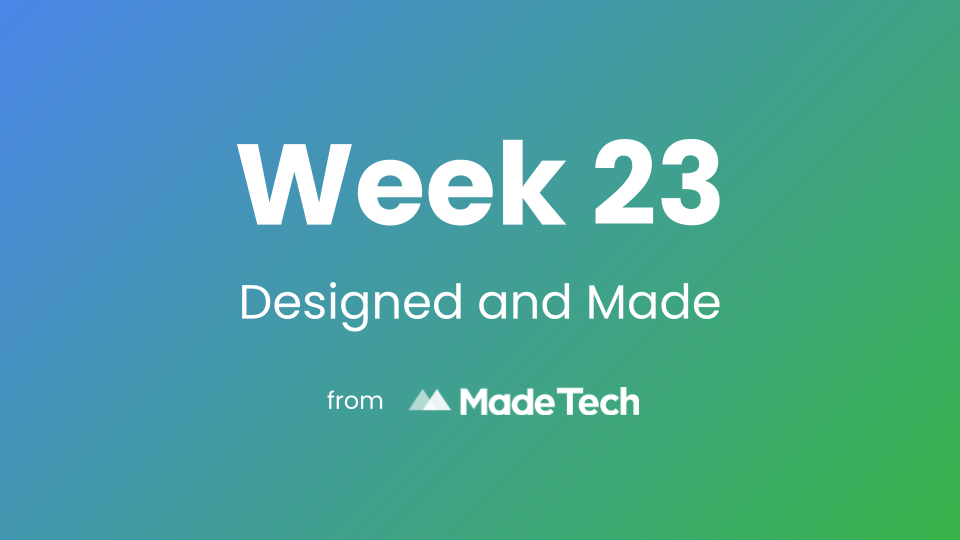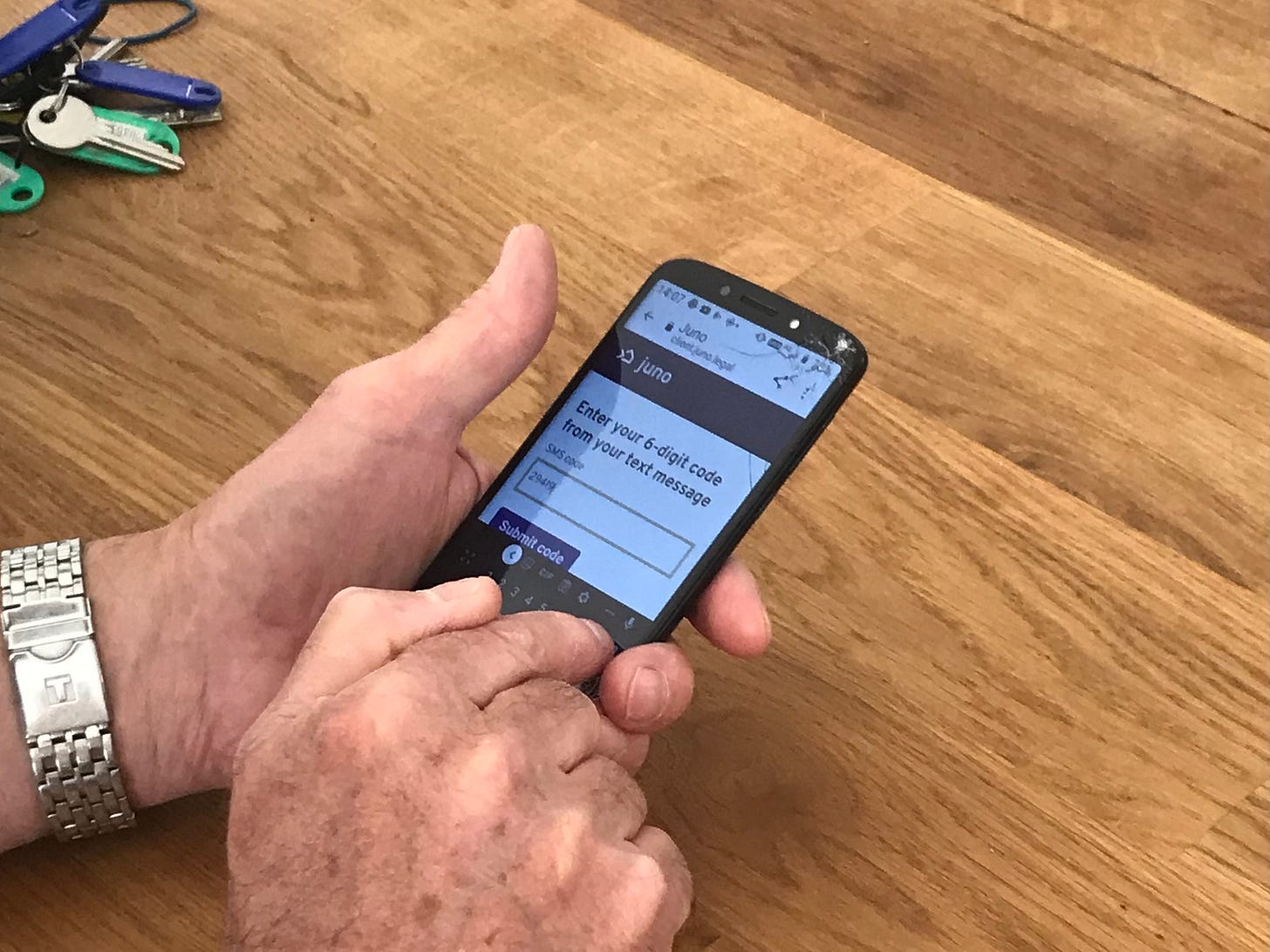Week 23 - Deliver team learning, not code 🏫
Also, Internet-era signing ceremony and where to push risk?
My weeks right now are split between Future Farming and future hiring.
Deliver team learning, not code 🏫
Recently I’ve been reflecting that discovery and alpha phases should be delivered a bit differently. Very often we set up and manage these earlier phases just like beta and live phases, where teams regularly release and improve a live service, usually in the form of production computer code. This is a proven way to get a live service into people’s real lives and respond continuously to feedback. Providing a live service, means teams have to keep tight track of changes and progress, which lends itself to using tools like Trello and Jira.
However, in discovery and alpha we deliver team learning, not code. Therefore we set up and manage these phases for teams to learn and experiment together.
Some ideas on how to do this:
Make team goals like “Discovery/alpha is done when we’ve learned…”
Focus each team sprints on learning one or two big things
Create and agree on these goals as a team
Track progress by asking “What are we learning as a team?” and “How ready we feel for the next phase?”
‘No meeting days’ when teams can focus on things like user research, prototyping, analysis or just thinking (which is work too)
‘Team time’ of 2-3 hour blocks for flowing discussions about what we are learning as a team
Avoid spending team energy and time on building a detailed plan in tools like Jira or Trello - it often distracts from learning and rarely reduces risk
Internet-era signing ceremony 🏡
A fun thing this week was signing the transfer deed for our first house. We had our neighbour to come round and witness my partner and me signing. Yet we weren’t signing a bit of paper - we were signing online, with Internet-era property lawyers juno.legal.
Anyone watching would see us three stood in a kitchen looking at laptops and phones. While online there was a chain reaction of tasks and steps, triggered by someone doing something on another device. With bits of sensible two-factor authentication, like magic links and text messages codes.
As geeky as it sounds, I use to dream years back about designing Internet-era group ceremonies, like for life events such as buying a house. So it’s exciting to these are starting to become a reality.
Where to push risk? 📌
With our new and growing design team, I’m still learning where best to use my time and energy. I‘ve got this wrong recently. Wanting to settle in our first permanent UCD people and get new client work off to a good start, I’ve got involved with some delivery teams. This has reduced some risks but created other ones elsewhere, mostly noticeably slowing down UCD hiring. That then had knock-on effects on quality of work and team growth.
As Head of Design, the first couple of months I pretty much focussed full time on hiring. I figured hiring great UCD people would long term address most of the opportunities and challenges I see from day-to-day, week-to-week. Then after half a dozen of hires around May, I then split my time across sales, delivery and hiring. Looking back, I should have stayed focused on hiring.
Ultimately Head of Design in any organisation adds the most value bringing in great people, growing design culture and having a long-term strategy for impact.
So the immediate plan is:
Hire Design Principals in Manchester and London to head up everything UCD in those regions, including hands-on support for delivery teams
Getting more of the wider UCD team involved in hiring interviews
Myself being more disciplined by saying “no” more when asked to get hands-on with delivery in teams
A personal lesson - risk is like pressure in physics; I can’t make it disappear. It has to go somewhere. The trick is choosing where.
Harry is Head of Design at Made Tech and based out of our Bristol office.





